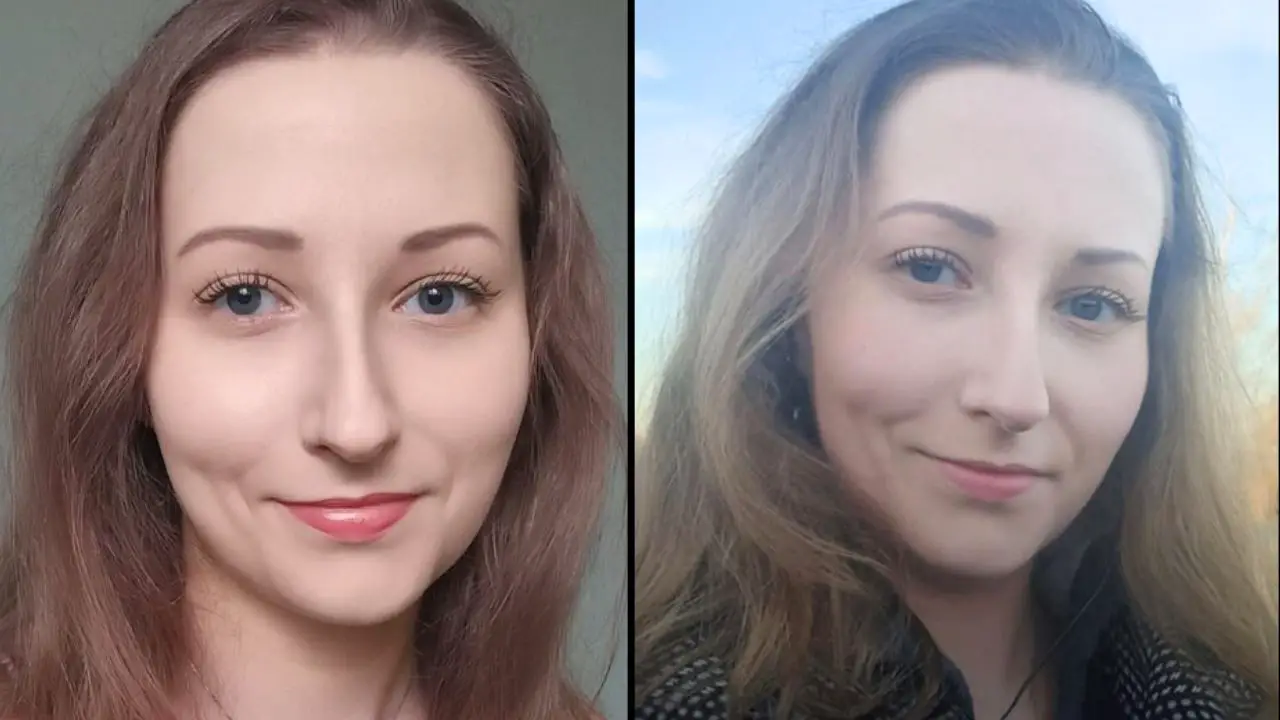
Credit: Stichting KEA & Zoraya ter Beek
Physically Healthy Woman, 29, Has Passed Away After Choosing To Be Euthanised
A physically healthy woman seeking euthanasia had her request granted and passed away at age 29.
Zoraya ter Beek lived in a small village in the Netherlands, near the German border.
She was in perfect physical health but decided to end her life earlier this year.
Euthanasia, the practice of intentionally ending life to alleviate pain and suffering, remains a controversial topic with strong and conflicting opinions.
The news of this young woman’s decision has sparked widespread online discussion.
One person writes: “I support the right to die and death with dignity if the person is terminally ill and suffering. I always thought that Sweden and the Netherlands were ahead of their time with these laws.”
Another adds: “This is heartbreaking, but it’s her body, her choice, it’s as simple as that. I can understand her decision. I’m fortunate to have found a medication that at least takes the edge off.”
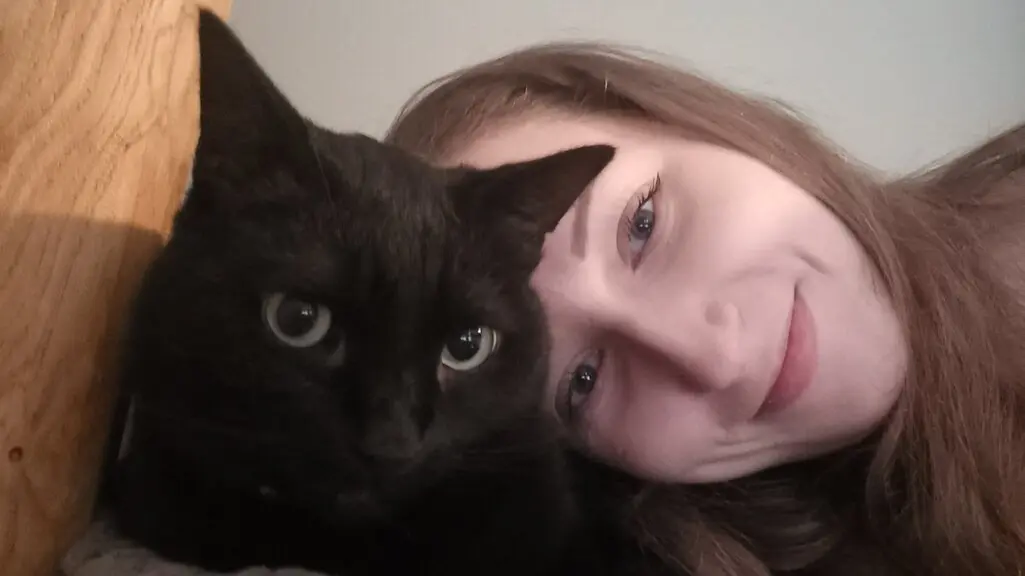
Euthanasia in the Netherlands is regulated by the Termination of Life on Request and Assisted Suicide (Review Procedures) Act, which was passed in 2001 and took effect in 2002, according to Alliance VITA.
While assisted dying for individuals with psychiatric conditions remains uncommon in the Netherlands, there has been a gradual rise in such cases.
In 2023, 1.5% of euthanasia deaths were attributed to mental suffering, compared to just two cases out of 9,068 total deaths in 2010, according to The Guardian.
Ter Beek reportedly suffered from autism, depression, anxiety, trauma, and an unspecified personality disorder.
She asserted that living with these conditions has become unbearable, and she no longer wished to continue.
In an interview with The Free Press, ter Beek claimed a psychiatrist told her: “There’s nothing more we can do for you. It’s never gonna get any better.”
The 29-year-old added: “I was always very clear that if it doesn’t get better, I can’t do this anymore.”
Stef Groenewoud, a healthcare ethicist at Theological University Kampen, told the publication: “I’m seeing euthanasia as some sort of acceptable option brought to the table by physicians, by psychiatrists, when previously it was the ultimate last resort.
“I see the phenomenon, especially in people with psychiatric diseases, and especially young people with psychiatric disorders, where the healthcare professional seems to give up on them more easily than before.”
Kit Vanmechelen, a psychiatrist who assesses applicants and performs euthanasia, tells the BBC: “Those I know will commit suicide are terminal in my opinion. And I don’t want to abandon my patients who are not able to go on with their lives.”
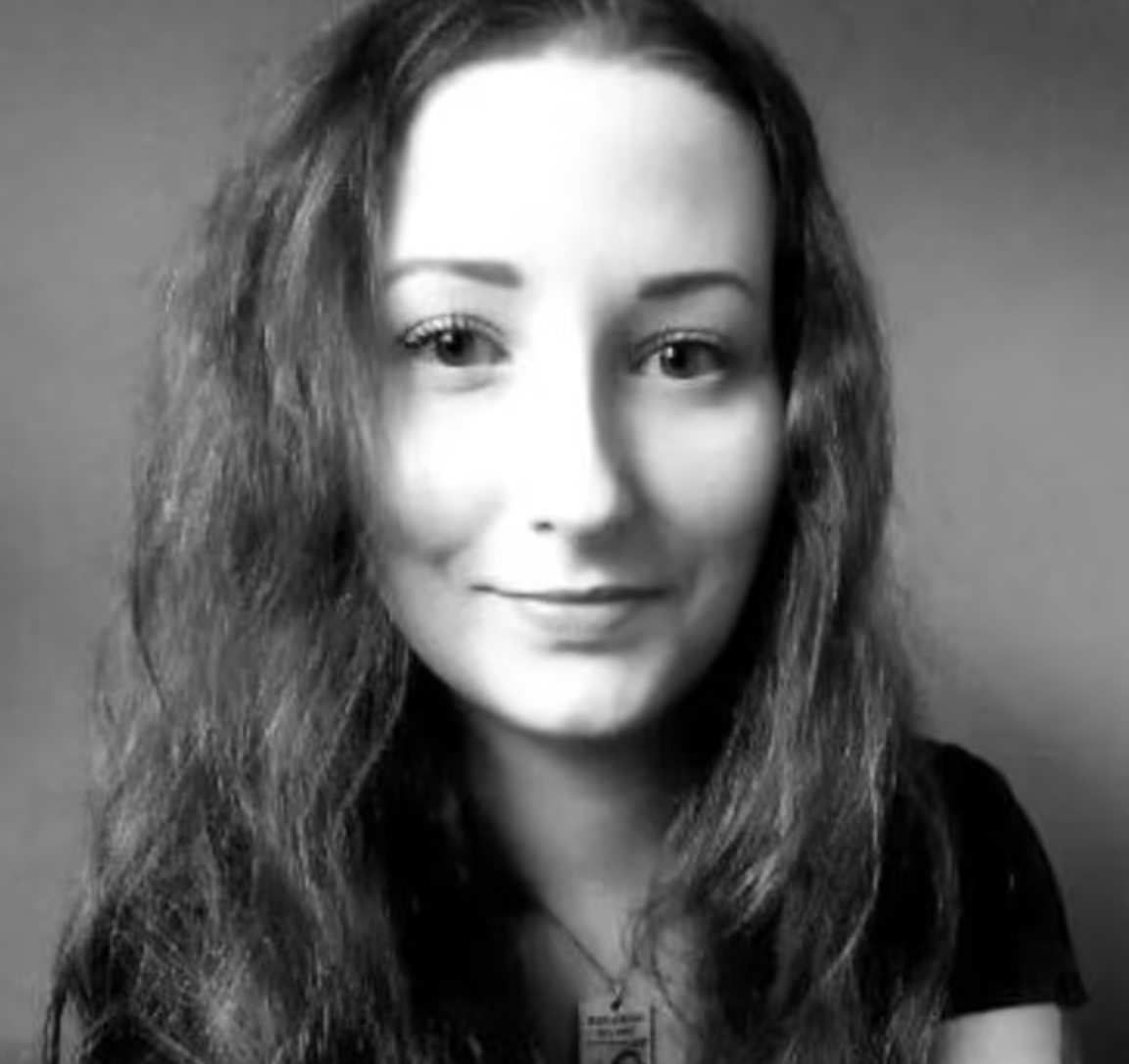
Ter Beek had previously opened up about the euthanasia process, explaining: “The doctor really takes her time. It is not that they walk in and say, ‘Lay down, please!’ Most of the time it is first a cup of coffee to settle the nerves and create a soft atmosphere.
“Then she asks if I am ready. I will take my place on the couch. She will once again ask if I am sure, and she will start up the procedure and wish me a good journey. Or, in my case, a nice nap, because I hate it if people say, ‘Safe journey.’ I’m not going anywhere.”
She added: “I’m a little afraid of dying because it’s the ultimate unknown. We don’t really know what’s next – or is there nothing? That’s the scary part.
“I don’t see it as my soul leaving, but more as myself being freed from life.”
In an interview with RTL News, Ter Beek added: “I don’t want to die, but I can’t live.
“Then it’s a choice between growing old, sick, and with a lot of misery, or honoring myself and saying: I’m quitting.”
She told The Guardian: “People think that when you’re mentally ill, you can’t think straight, which is insulting.
“I understand the fears that some disabled people have about assisted dying, and worries about people being under pressure to die.
“But in the Netherlands, we’ve had this law for more than 20 years. There are really strict rules, and it’s really safe.”
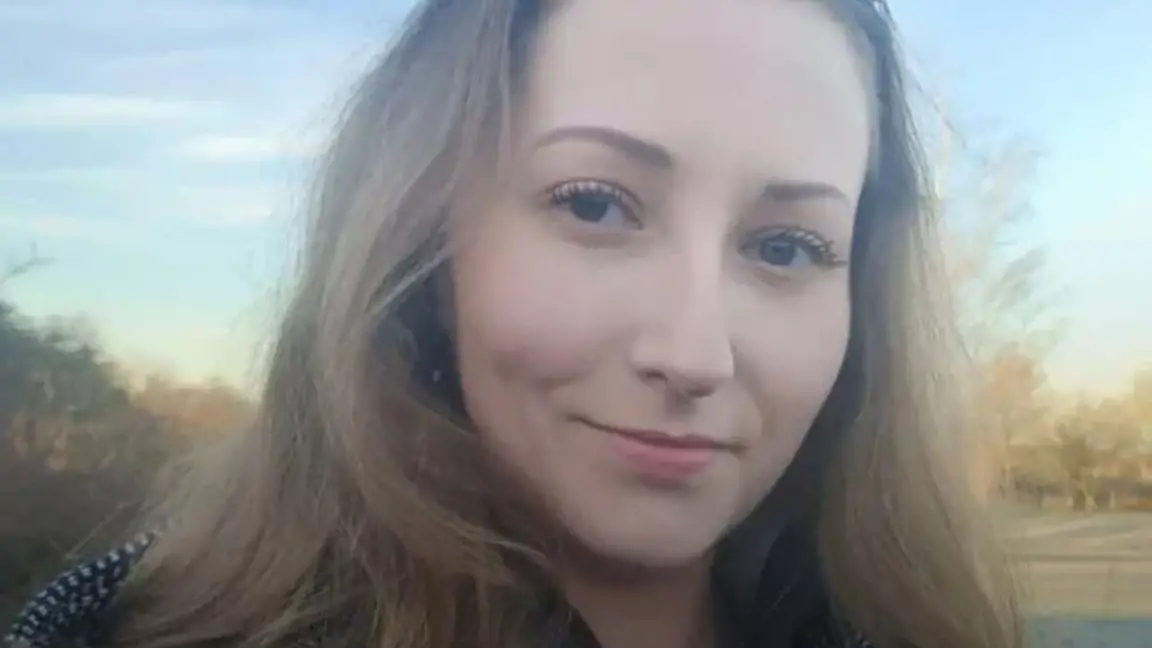
Credit: Zoraya ter Beek
Ter Beek said she had never second-guessed her decision, adding: “I have felt guilt – I have a partner, family, and friends and I’m not blind to their pain. And I’ve felt scared. But I’m absolutely determined to go through with it.
“Every doctor at every stage says: ‘Are you sure? You can stop at any point.’ My partner has been in the room for most conversations in order to support me, but several times he has been asked to leave so the doctors can be sure I’m speaking freely.”
Ter Beek encountered both support and opposition regarding her journey but remained resolute in her decision.
The 29-year-old had planned the moment of her death – her partner would be present, although she understood he would perhaps choose to leave the room before her final moments.
With her partner by her side, ter Beek anticipated a peaceful transition, supported by her medical team.
“I feel relief. It’s been such a long fight,” she concluded.
Ter Beek also opened up about her decision not to have a funeral, saying she wished to be cremated afterward to spare her boyfriend from tending to her grave.
“I did not want to burden my partner with having to keep the grave tidy,” ter Beek explained.
The Free Press adds: “There won’t be any funeral. She doesn’t have much family; she doesn’t think her friends will feel like going. Instead, her boyfriend will scatter her ashes in ‘a nice spot in the woods,’ that they have chosen together, she said.”
Ter Beek concluded: “We have not picked an urn yet, but that will be my new house!”
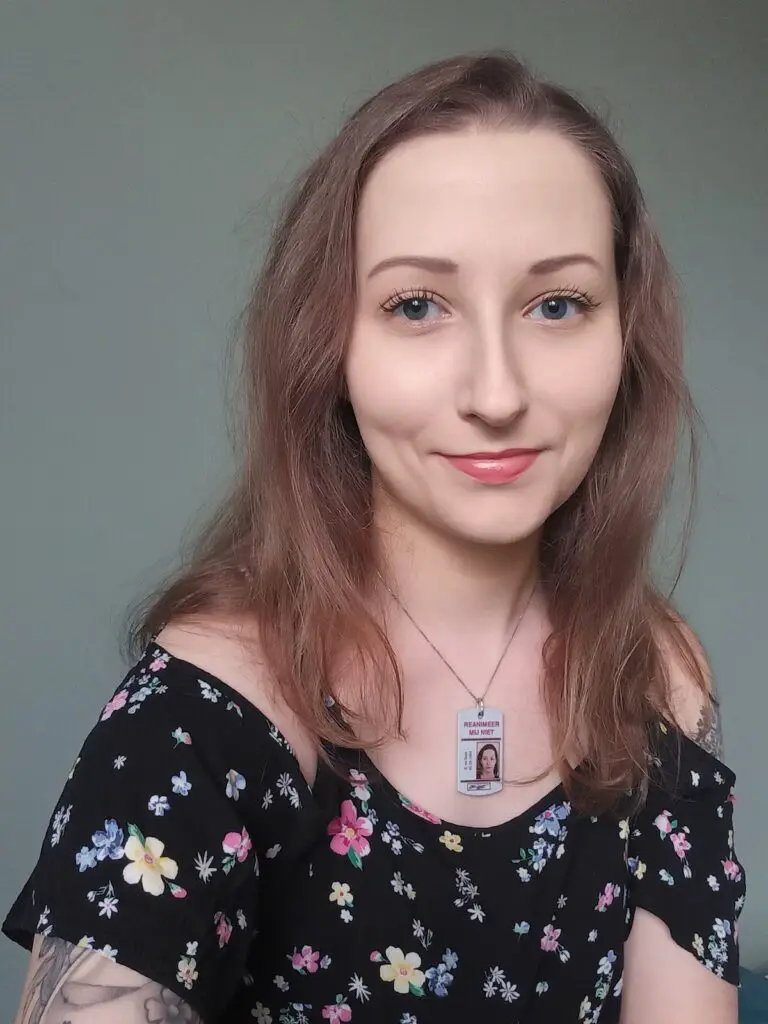
A friend of ter Beek’s shared in a blog post that she had passed away at 1:25 pm local time on May 22, 20 days after her 29th birthday, with the help of the Euthanasia Expertise Center.
Ter Beek’s social media accounts were also updated to confirm that she has passed away.
Following the passing of Ter Beek a tribute believed to be from her partner was shared, revealing her final wish.
The tribute states: “Now it’s quiet…… no more texts…… no tweets…… no vague shizzle…… no cat pictures…… no motivational kick in the ass……
“And me? I am sad but happy at the same time. Sad to miss it, but there is so much understanding that the sadness doesn’t bother me. Happy because her greatest wish could come true in the way she hoped and wished. That she could go to sleep forever.”
The announcement of ter Beek’s death mirrored this sentiment, adding: “Zoraya passed away today at 1:25 pm. Or as she saw it herself: she went to sleep.
“Her last wish/request is to leave her loved ones alone and, if possible, to swallow disrespectful reactions. She understood that euthanasia for psychological suffering is still a ‘thing’ for some people.”
If you or someone you know is affected by any of the issues raised in this story, call the National Suicide Prevention Lifeline in the US at 800-273-TALK (8255) or text Crisis Text Line at 741741.
In the UK, the Samaritans is available 24/7 if you need to talk. You can contact them for free by calling 116 123, emailing [email protected] or heading to the website to find your nearest branch.
Related Article: Woman Who ‘Died And Came Back To Life’ Explains What Afterlife Is Like
Related Article: Parents Share Heartbreaking Reason They Supported 33-Year-Old Daughter’s Decision To Be Euthanised